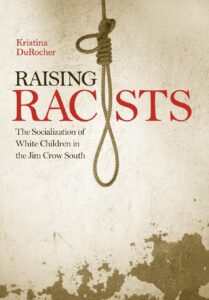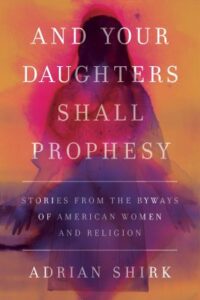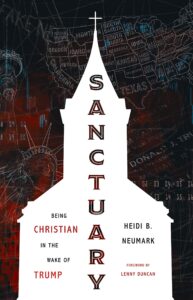 The Socialization of White Children in the Jim Crow South
The Socialization of White Children in the Jim Crow South
Between 1890 and 1939, white children rested at the core of the system of segregation, as their participation was crucial to ensuring the future of white supremacy. In Raising Racists: The Socialization of White Children in the Jim Crow South, author Kristina DuRocher reveals how white adults in the late nineteenth and early twentieth centuries continually reinforced race and gender roles to maintain white supremacy.
White southerners recognized that the perpetuation of segregation required whites of all ages to uphold a strict social order, and that the young members of the next generation would be particularly important players. DuRocher examines the practices, mores, and traditions that trained white children to fear, dehumanize, and disdain their black neighbors, and offers an examination of white supremacy from the inside, showcasing the culture’s efforts to preserve itself by teaching its beliefs to the next generation. Raising Racists combines an analysis of the remembered experiences of a racist society, how that society influenced children, and, most important, how racial violence and brutality shaped growing up in the early-twentieth-century South.
Reviews and endorsements of the publication include:
“Raising Racists is a well-written, well-researched account of the ways white supremacists systematically indoctrinated children into a way of life that made rational the cruel, often lethal violence directed toward African Americans.” —Louisiana History
“Hard-hitting…. Examining white Southerners’ memoirs, advertisements for household products, school textbooks, parenting manuals, children’s literature, toys and games, and dramatic productions, Raising Racists reveals the multiple interlocking and mutually reinforcing methods white Southerners used to perpetuate white supremacy in the post-Reconstruction South.”—Register of the Kentucky Historical Society
“Raising Racists reveals the interlocking practices, mores, and traditions that trained white children to fear, disdain, and dehumanize their black neighbors. Through crisp, compelling, and trenchant discussions of school texts, consumer goods, violent rituals of black debasement, and day-to-day lessons in Jim Crow etiquette, DuRocher reminds us how much energy and care went into each successive generation of white southerners the ideology of white supremacy.” —W. Fitzhugh Brundage, author of A Socialist Utopia in the New South: The Ruskin Colonies in Tennessee and Georgia, 1894-1901
For more information on the publication, click here.
Fellow travelers are scholars, activists, and practitioners that embody the ideals and commitments of the Project on Lived Theology. We admire their work and are grateful to be walking alongside them in the development and dissemination of Lived Theology.


